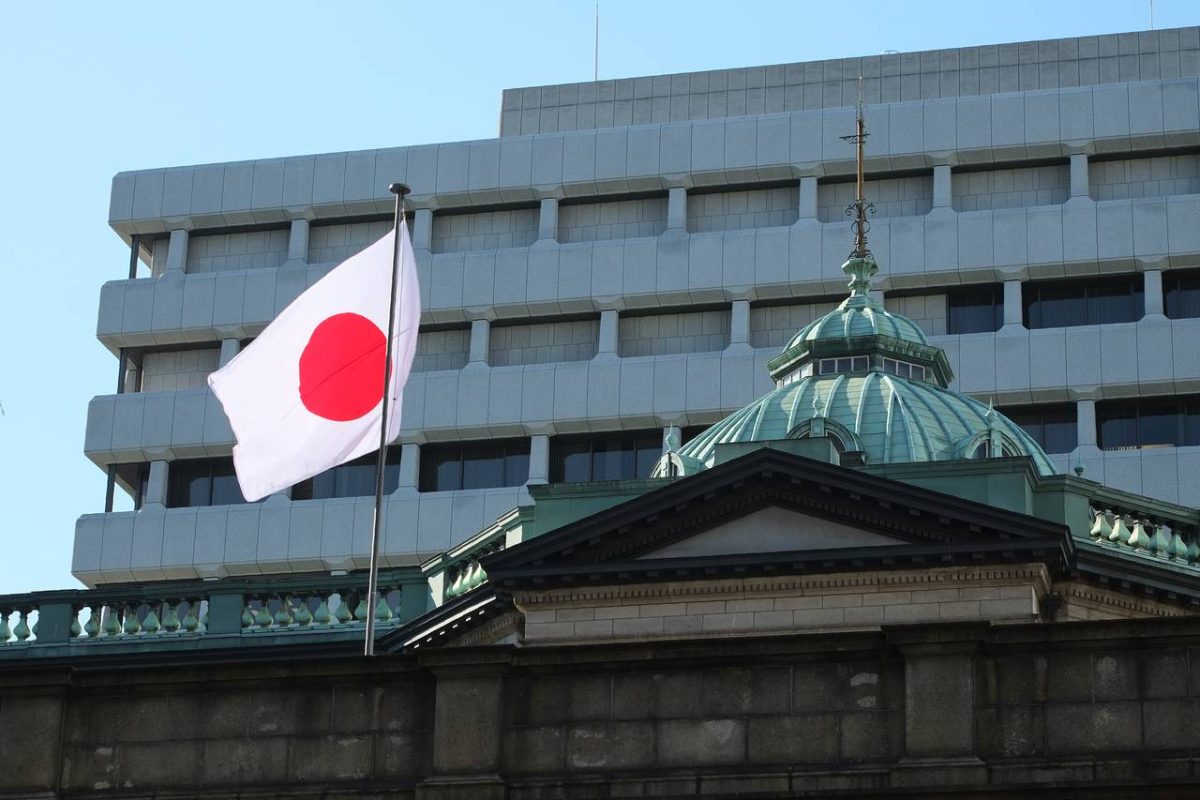Japan Poised to Cut Crypto Taxes and Redefine Digital Assets by 2025
01.10.2024 17:30 2 min. read Alexander Stefanov
Japan’s Financial Services Agency (FSA) is preparing to reevaluate its crypto regulations, aiming to create a more investor-friendly environment by 2025, according to a Bloomberg report from Sept. 25.
The FSA’s review, continuing through the winter, will assess if current regulations under the Payments Act are still suitable for the changing crypto landscape.
One potential outcome is the reclassification of digital assets under the Financial Instruments and Exchange Act, which could lead to stricter investment rules but may also lower the tax rate on crypto gains. Currently, crypto profits are taxed up to 55%, but a reclassification could reduce this to around 20%, matching taxation on stocks and other financial assets. The local crypto industry has long advocated for lower taxes, believing this would boost investment and growth.
The review might also pave the way for the approval of exchange-traded funds (ETFs) that include digital assets, further integrating cryptocurrencies into Japan’s financial markets. Japan has been focused on balancing innovation with investor protection, and this latest review aims to continue promoting the digital asset space while maintaining safeguards.
As Japan strengthens its digital asset sector, including blockchain and stablecoin developments, there are concerns about how leadership changes might impact crypto policies. Prime Minister Fumio Kishida has been supportive of Web3 and blockchain, but future leadership could shift the regulatory approach. Despite this, Japan’s crypto market has seen rising trading volumes in 2024, reaching almost $10 billion, fueled by a Bitcoin rally and increased interest in cryptocurrencies.
-
1
South Korea Elects Pro-Crypto Leadership, Paving Way for Digital Asset Reforms
04.06.2025 22:00 2 min. read -
2
California Sets Stage for Crypto Payments in Government Licensing
04.06.2025 18:00 2 min. read -
3
Crypto Bill Sparks Uproar Over Trump Ties and Regulatory Conflicts
06.06.2025 10:00 1 min. read -
4
EU Eyes DeFi Rules Without Defining What It Is
07.06.2025 18:00 2 min. read -
5
Switzerland Prepares to Join Global Crypto Tax Network by 2026
07.06.2025 20:00 1 min. read
U.S. State of Connecticut Blocks Crypto from Public Sector Operations
Connecticut has made a clear move to keep digital assets out of government affairs.
Trump’s CFTC Pick Pledges Crypto Regulatory Clarity for Blockchain’s Future.
Brian Quintenz, President Trump’s selection to chair the Commodity Futures Trading Commission (CFTC), sees blockchain as a transformative force far beyond just finance.
Switzerland Prepares to Join Global Crypto Tax Network by 2026
Switzerland is gearing up to begin automatic crypto asset data sharing with over 70 countries, including all EU member states and the UK, as part of a broader push toward international tax transparency.
EU Eyes DeFi Rules Without Defining What It Is
As the European Union prepares for its next phase of crypto oversight, regulators are turning their attention to decentralized finance (DeFi)—without a clear definition of what decentralization actually means.
-
1
South Korea Elects Pro-Crypto Leadership, Paving Way for Digital Asset Reforms
04.06.2025 22:00 2 min. read -
2
California Sets Stage for Crypto Payments in Government Licensing
04.06.2025 18:00 2 min. read -
3
Crypto Bill Sparks Uproar Over Trump Ties and Regulatory Conflicts
06.06.2025 10:00 1 min. read -
4
EU Eyes DeFi Rules Without Defining What It Is
07.06.2025 18:00 2 min. read -
5
Switzerland Prepares to Join Global Crypto Tax Network by 2026
07.06.2025 20:00 1 min. read


